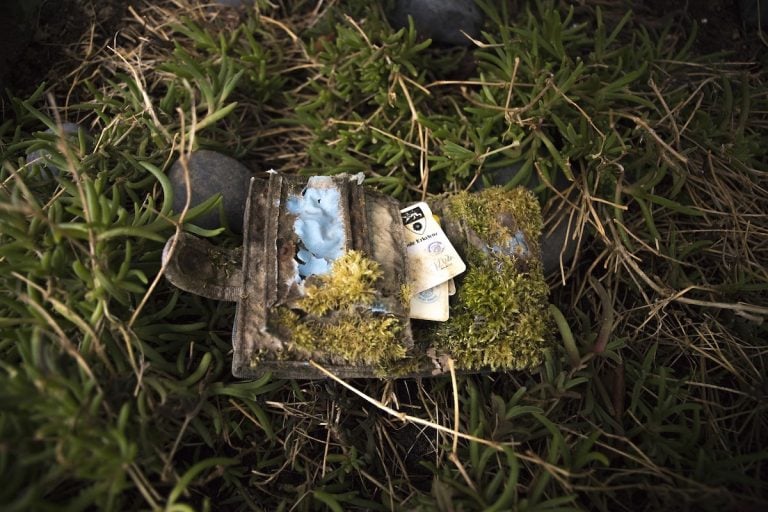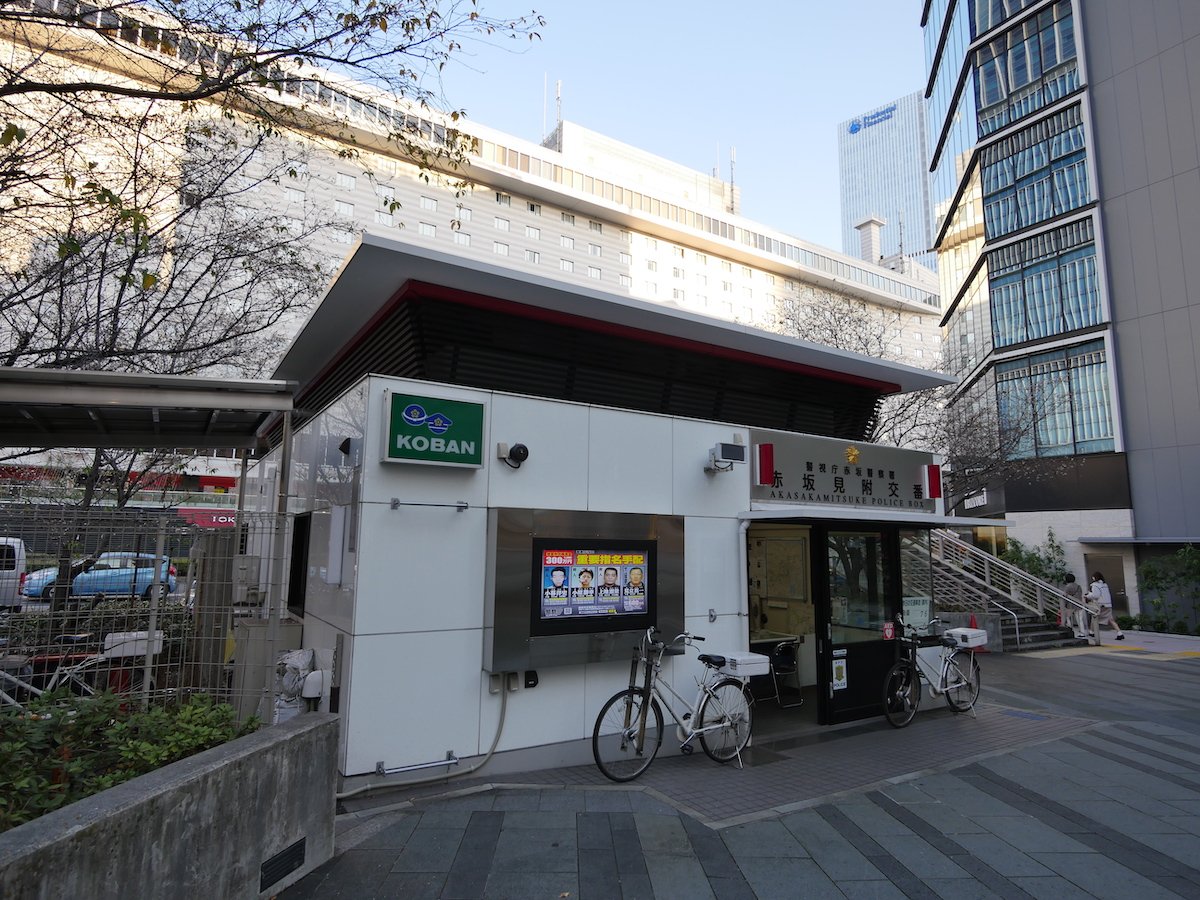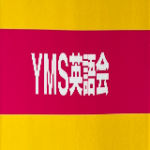
Losing your residence card in Japan is a serious matter. Legally, all foreign residents are required to have the card on their person at all times. The excuse that you have lost it would not be adequate, unless you have followed the procedure we shall illuminate today. If you fail to properly follow the procedures, and are caught without a valid residence card, you could face fines of up to ¥200,000, deportation, or even imprisonment for up to one year!
The first thing you need to do is report the loss to the police. This is most quickly and easily done by visiting your local koban. A koban is a small one or two officer police booth, dedicated to smaller local matters. Visiting the koban saves waiting in a queue more likely to be found at a full-service police station, and it’s also likely to be closer to your house or apartment as well.
Lost property in Japan
If you have an idea of where you may have lost your residence card, the nearest koban might even already be in possession of it. This is because the koban police system also acts as a lost property system in Japan. Besides important items like your residence card, they also manage items from umbrellas to mobile phones, books, keys, wallets and so forth. In fact, if you lose anything in Japan, the koban is your best bet in getting it back (unless you lose it on public transport, but more on that later). A convenient search page for all the kobans in the Tokyo metropolitan area can be found here. However, it is only available in Japanese, so alternatively a search in Google maps is usually completely accurate.

Should they unfortunately not already be in possession of your lost card, you will be required to fill in a “Report of Stolen Property” or “Report of Lost Articles.” form, and they will then be able to notify you if they later do receive it. This is fine for less important items, but as mentioned earlier, you can not afford to sit around waiting when it comes to your residence card. Therefore, you should receive a report of loss/theft certificate from the officer.
Reapplying for your residence card in Japan
After checking with the koban and filling a report, you should receive a certificate. Within 14 days of when you lost your residence card, you need to bring this certificate to an immigration center. Here you will be able to apply for a new card. During these 14 days you can present the loss/theft certificate if you are asked to show your residence card. After you apply for a new one, you will receive a different certificate you can show. Depending on the season, this can take a lot of time, as immigration is especially busy in the lead up to and around the hiring season in Japan. If its between March-June, try to get this done as soon as you possibly can.
You will need to bring with you the following to immigration to apply for the re-issue of a residence card.
- Photo (4cm × 3cm)
- Passport
- Documents certifying that your residence card is lost/stolen
- Application form. The application form can be downloaded at the link here
As with all legal matters, things are subject to change. For full official information, visit the official site here.
Lost property on public transport
If you believe you have lost your residence card on public transport, the procedure is essentially the same. However, your first step before visiting the koban should be to visit the appropriate lost and found officer. Known in Japanese as a “Wasuremono center”, all major train stations have such a center. Here you have a good chance of finding your card, or any other lost property for that matter, as Japanese people are very good with turning things in.
If you lost your card in a taxi, call the company on your receipt and quote the number, and they can tell you if anything was found in the cab.
Should your residence card not turn up, visit the koban and start the procedure for re-issue of a residence card.

FAQ on lost property in Japan
Can I contact lost property counters in English?
It is rarely an official policy for most stations to handle English, so if you are not confident with your Japanese, either get a friend to help you or visit the lost & found center in person.
How long will my lost property be held?
Trains, taxis and so forth generally send lost items to the police after three days. The police will hold lost property for three months.
My item has been found, but I am no longer near that city. Do I have to go back?
Whilst some services require in person identification, some will allow collect on delivery postage. Your best bet is to give them a call and ask. You will need to identify the item accurately if they do allow this however.
I don’t speak any Japanese. Will the police understand me?
The paperwork exists in English and is standardized, so even if the officer does not speak English, they can help you fill in the form. The hardest part will be getting the process started.
Here is some Japanese you can use to let the officer know why you have come in.
| English | Phonetic | Japanese |
|---|---|---|
| I have lost my residence card | zairyukado wo na ku shi ma shi ta | 在留カード を、なくしました。 |
| Please give me a certificate | I shi tsu bu tsu to do ke ju ri sho mei sho wo ku dasai | 遺失物届受理証明書をください。 |
If you lose your residence card in Japan, you need to make finding it or getting a replacement a priority. Penalties can be harsh if you neglect it, but fortunately the replacement procedure is not overly complicated. Follow the advice offered in this article, and don’t let a minor nuisance become an extreme one!















